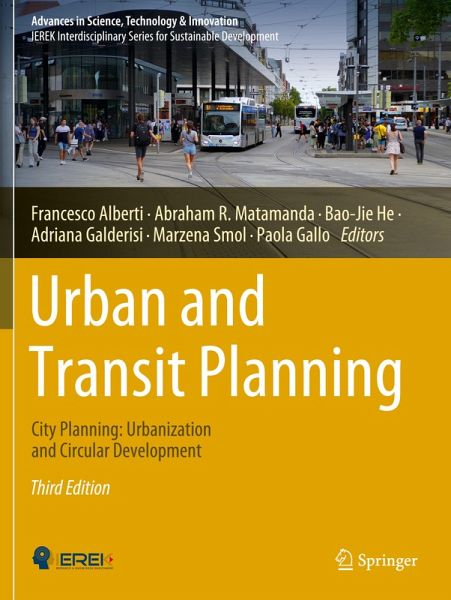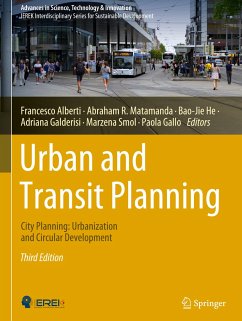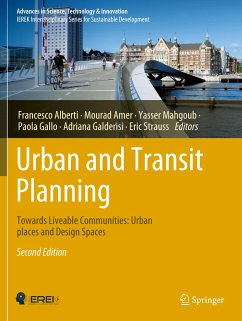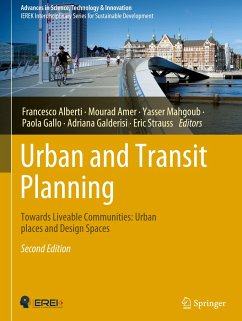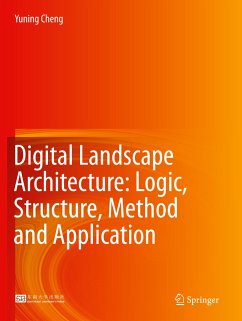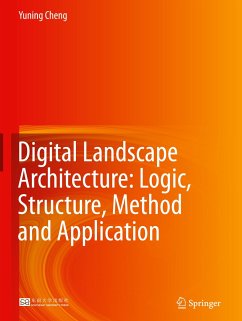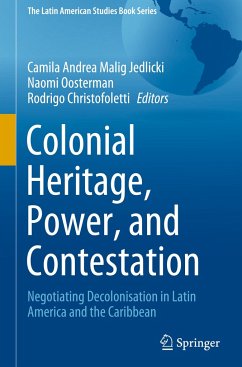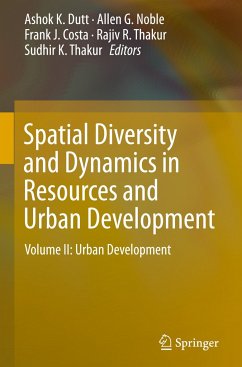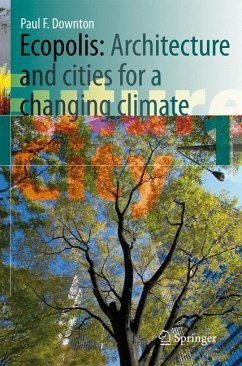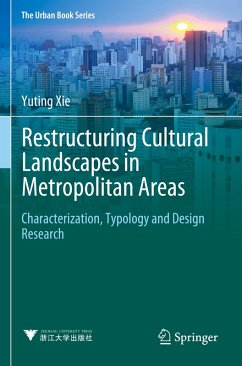FRANCESCO ALBERTI Francesco Alberti is Associate Professor of Urban Planning and design at the Department of Architecture of the University of Florence, where he is currently in charge of the Laboratory of Urban Planning and Design at the 5-year Master's Degree Course in Architecture, and of the course "Smart City Planning" for the postgraduate programme "ABITA" (Bioecological Architecture and Technological Innovation for the Environment). In the same Department, he is the scientific coordinator of the research unit "SUP&R" (Sustainable Urban Projects & Research) and of the related university spin-off "Urban LIFE" (Urban Liveability & Innovation for Everyone). He is in charge of the role of Mobility manager for the University of Florence and a member of the University's scientific team at the spoke "Urban Mobility" of the "Nation Centre on Sustainable Mobility", established in 2022 by the Italian Government with special funds from theNational Plan for Recovery and Resilience. As a member of the Italian National Institute of Urban Planning (INU - Istituto Nazionale di Urbanistica) he joined the National Commetees "Networks, Infrastructure and Innovation Policies" (2014-2016), "Urban Accessibility for Everyone" (2016-) and "Mobility, Infrastructure, and logistics" (2019-). From 2016 to 2022 he served as President of the Regional division of INU in Tuscany. His scientific interests in the fields of spatial planning and urban design refer to an approach aimed at giving cultural consistency and operational continuity between the dimensions of research and education on the themes of the city and the territory, with a special focus on two main areas: - the relationship between urban planning, design and management in the perspective of sustainability; - the interpretation of mobility systems as "public spaces", playing a major role in structuring contemporary territories. On these topics he has written many essays, articles and books, joined and chaired national and international conferences, lectured in postgraduate programmes and master courses for professionals and public administrators, provided expert help in participatory processes, coordinated seminars and conducted research on behalf of public institutions and private enterprises. Abraham R. Matamanda Abraham R. Matamanda is Urban and Regional Planner who has also been trained as Social Ecologist. He is currently Lecturer in the Department of Geography, University of Free State. His current research focuses on urban governance and planning, climate change adaptation, informal urbanism in the Global South, human settlement planning, systems thinking, human geography and political economy. He is Co-editor of the book titled Urban Geography in Postcolonial Zimbabwe: Paradigmsand perspectives for sustainable urban planning and governance published with Springer Nature in 2021. Adriana Galderisi She is Architect and Graduated-cum-Laude in Architecture in 1989. She did Ph.D. in Urban and Regional Planning in 2000. She is Associate Professor at the Department of Architecture and Industrial Design of the University of Campania Luigi Vanvitelli. She was one of the founding members of the thematic group "Resilience and Risks Mitigation Strategies (RRMS)" within the AESOP (Association of European Schools of Planning) in 2007, and she is currently a part of the Coordinating Board. She has carried out research on issues related to sustainability of urban environment, vulnerability and resilience of urban systems in the face of environmental risks, also in the context of several national and European projects. She also authored more than 100 essays in books and scientific journals. In 2018, she edited the book A. Galderisi, A. Colucci (2018), Smart, Resilient and Transition Cities Emerging Approaches and Tools for A Climate-Sensitive Urban Development. Elsevier Publisher. Bao-Jie He Baojie is Professor of Energy and Built Environment at School of Architecture and Urban Planning, Chongqing University, China. Prior to Chongqing University, he was Ph.D. Researcher at the Faculty of Built Environment, University of New South Wales, Australia. He is Talented Scientist and Engineer in the field of energy and built environment with his focus on urban heat mitigation and adaptation, zero energy building and passive house design under global/local climate change. He has strong academic capability with 70 peer-reviewed papers published in high-ranking journals and oral presentations in great conferences. His outcomes have high impacts in energy and built environment and have been widely cited by peers, which enables him to have 10 highly cited/hot papers recognized by the world-known database of Web of Science and a high H-index (Scopus: 28; Google Scholar: 31). He has been involved in several large research projects on energy and the built environment in Australia in the name of Research Associate and Research Assistant. He has been invited to act Topic Editor-in-Chief, Leading Guest Editor, Associate Editor, Editorial Board Member, Conference Chair, Sessional Chair, Scientific Committee of a variety of reputable international journals and conferences. He received the Green Talents Award (Germany) and National Scholarship for Outstanding Self-Funded Foreign Students (China). He was ranked as one of the single-year 100,000 global scientists (2%) by the Mendeley, 2020. Marzena Smol Marzena Smol is Head of the Division of Biogenic Raw Materials in the Mineral and Energy Economy Research Institute, Polish Academy of Sciences (IGSMiE PAN). She holds a Master's degree in Environmental Protection and International Project Management and Ph.D. in Environmental Engineering. She is Expert in the field of biogenic raw materials management in the context of sustainable development (SD), circular economy (CE) and strategies for the Green Deal. She participated in the development of the Roadmap Transformation toward circular economy in Poland. She is Holder of the Minister's Scholarship for Outstanding Young Scientists. She authored and co-authored over 100 papers. She is Holder of Springer Nature 2020 Highlights in "Water" category for publication on CE in water and wastewater sector. Paola Gallo Paola Gallo is Architect, Academic and Scholar in Architectural Technology at the University of Florence in Italy. With more than 20 years of experience in the field of built environment and sustainable governance, she works on energy efficiency in architecture, especially in refurbishment field and is specialized also in industrial ecologically equipped areas planning. Since 2007, she is Scientific Secretary and Member of the University Research Center ABITA (Bioecological Architecture and Technological Innovation for the Environment) set up between the Universities of Florence, Rome, Naples, Milan, Turin, Reggio Calabria, Genoa. Starting from 2018, she is Director of European Master Course "ABITA - Sustainable design and technologies for built environment " at the University of Florence. She gained experience in scientific peer-reviewed publishing as author in the field of technology of architecture and has attended and presented papers in several international and national conferences. She has also served as Scientific Referee for many scientific conferences and journals and is AssistantEditor in a reputable journal edited on emerging scientific topics related to promoting technology of architecture for the sustainable development.
